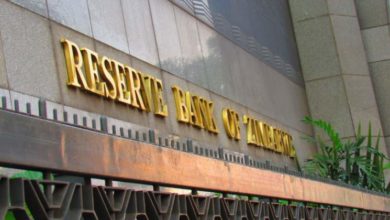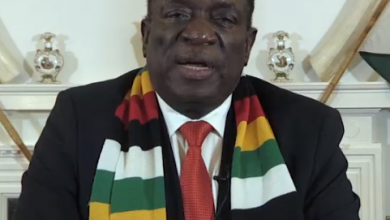Scrap housing waiting list, residents tell council

Residents in Bulawayo have urged the Bulawayo City Council (BCC) to scrap the housing waiting list system as a way of improving transparency and dealing with corruption in the allocation of residential stands.
According to the local authority, the city`s housing waiting list now stands at 121 000.
Speaking at a social dialogue organised by Bulawayo Progressive Residents Association (BPRA) in conjunction with Habbakuk Trust and National University of Science and Technology (NUST) on affordable residential stands and housing in Bulawayo, residents said the house waiting list was now prone to abuse by council officials.
“Some of us have been in the waiting list as from 1996 when I got that form up to today while some people coming from other areas just register today and tomorrow, they already got a stand,” said one participant.
“The ZWL$16 that we pay every month is too much and where is it going, can the City Council just scrap the issue of the waiting list as they are milking people’s money for no apparent reason.”
Another resident who identified himself as Mr Tshuma said a house waiting list is a tool of corruption which has enabled other people to acquire more residential stands.
“I just want to ask how many houses does one have to own in Bulawayo because we have seen some people owing up to 10 houses whilst some of us are still on the house waiting list,” Tshuma said.
Prominent Bulawayo activist Patricia Tshabalala said there is a need to clearly define the requirement needed when a person wants to acquire a residential stand.
“There is a need to define who is who in the local authority between the councilors and town planners because it is unclear and as residents, we have to know so we know who is to hold accountable when it comes to residential stands,” said Tshabalala.
However, a town planning consultant, Tisetso Dube said house waiting list is meant to help the local authority know the demand of houses in the City.
“The waiting list is designed to help the local authority to see the demand of stands in the City, it is a way to guide demand for accommodation,” said Dube.
“The ZW$16 is the administration money, as long as one has not been given a stand it means one will be paying.”
He added that the local authority has a systematic way of distributing residential stands.
“When it comes to the criteria of getting stands, in the past when one was in the house waiting list, the local authority could contact them but nowadays council advertises in the media,” he said.
Dube, however, bemoaned the economic crisis saying most people fail to pay for residential stands once they are available.
“The challenge we face as the local authority is that at times when people are called for their residential stands they fail to pay the required amount at that time hence at the end they have to give the next person who can afford,” said Dube.
“You must note that before, the local authority used to pay but nowadays we have schemes known as the pre-sales which means that for us to be able to put water, sewer and other requirements, there is need to pay the deposit as the money is resynced to service the residential stand.
He said economic challenges is a major cause that is affecting some of the council systems.
“Economic changes and challenges are the major cause that is affecting some of the processes that residents are complaining about, getting a stand nowadays is all about being able to afford,” he said.





